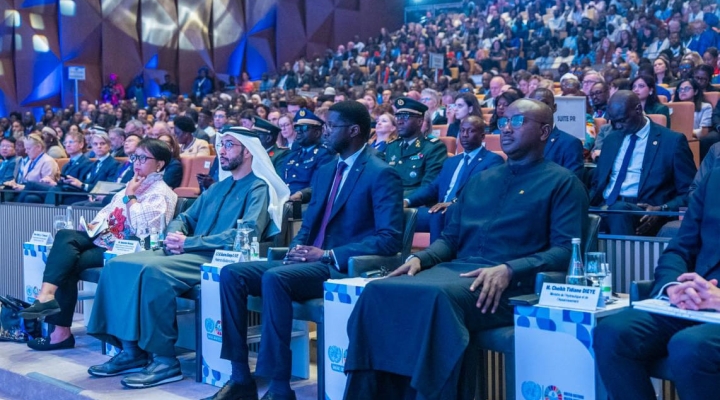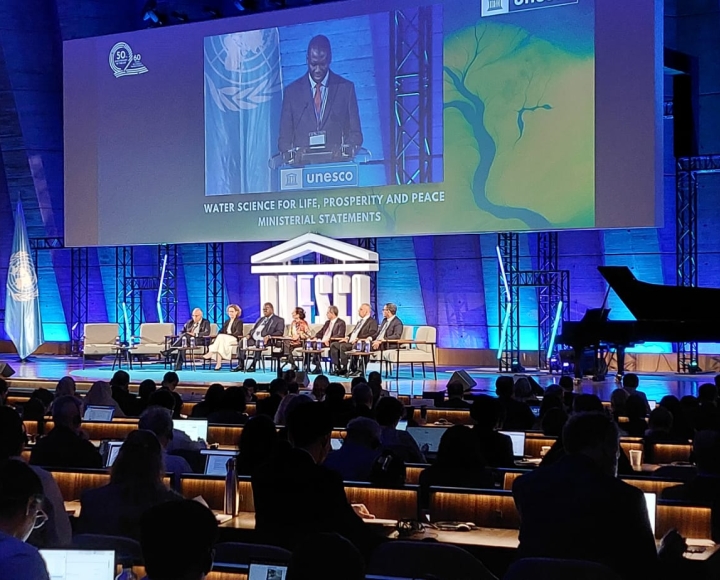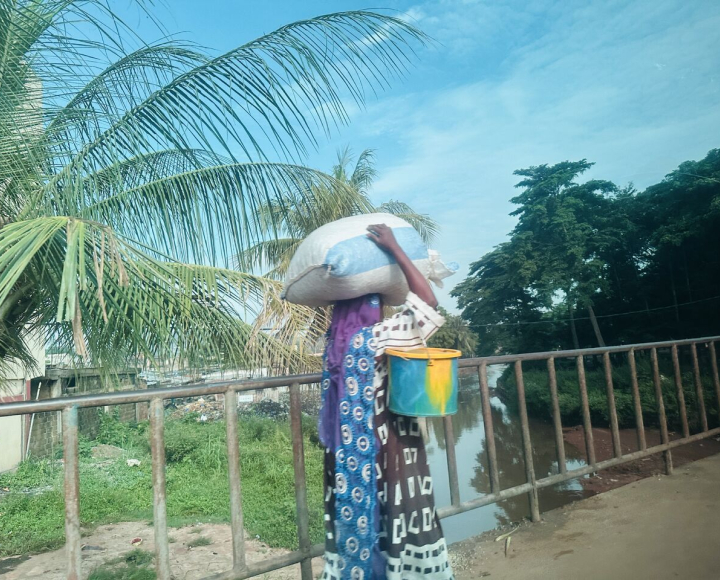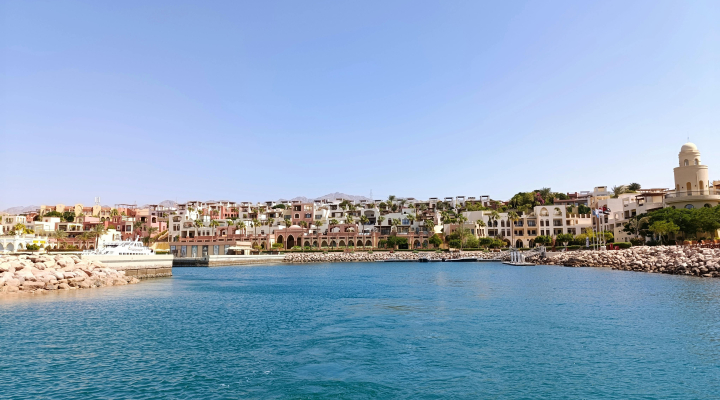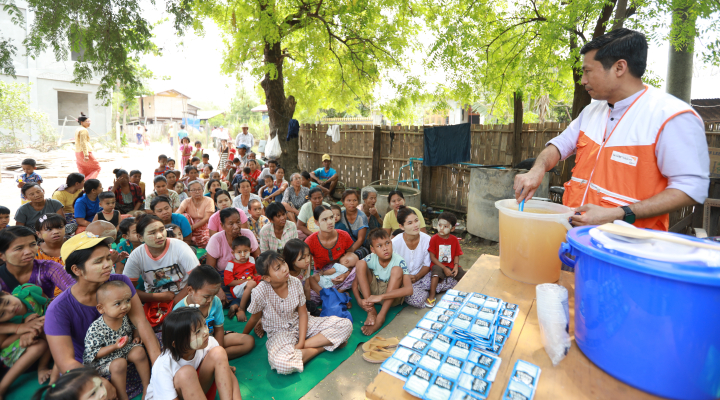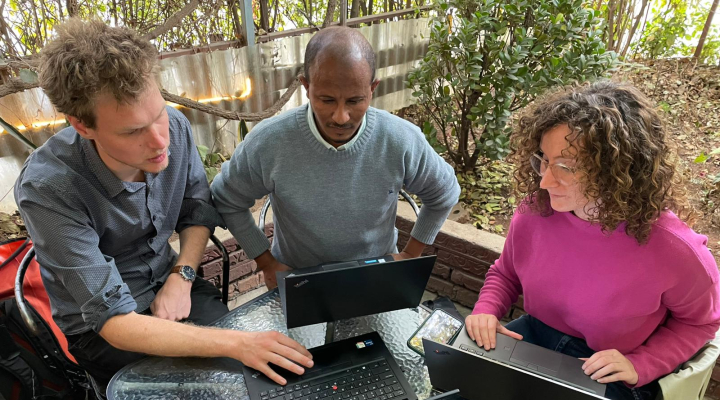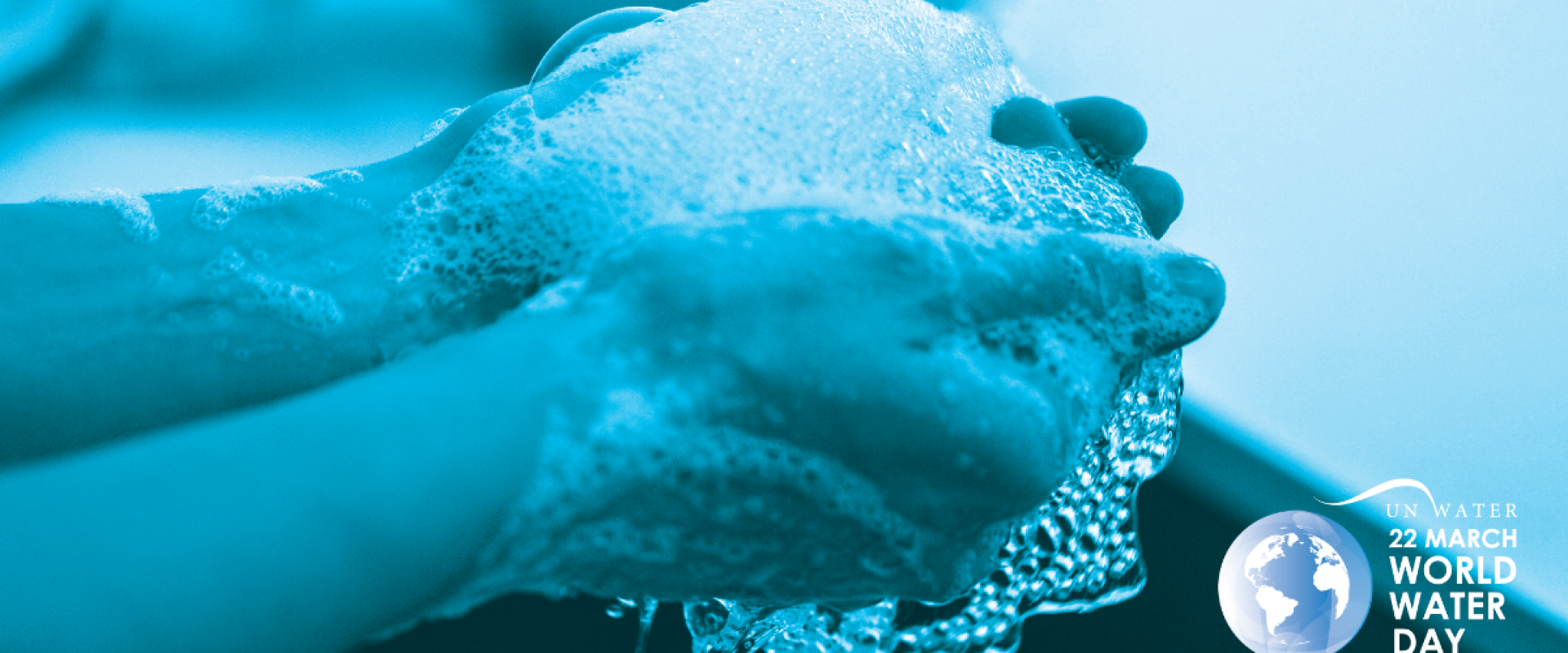
World Water Day campaigns #safehands in fight of coronavirus
We need water to wash our hands to reduce the spreading of the horrible COVID-19 virus that is disrupting the entire world today. This message is conveyed all over the world. The issue of handwashing dominates this year’s celebration of World Water Day on 22 March.
Reactions from the Dutch water sector, however, show that the concern goes beyond water and soap. Although the campaign is imperative, the global water issues are far too big to be simplified to handwashing alone.
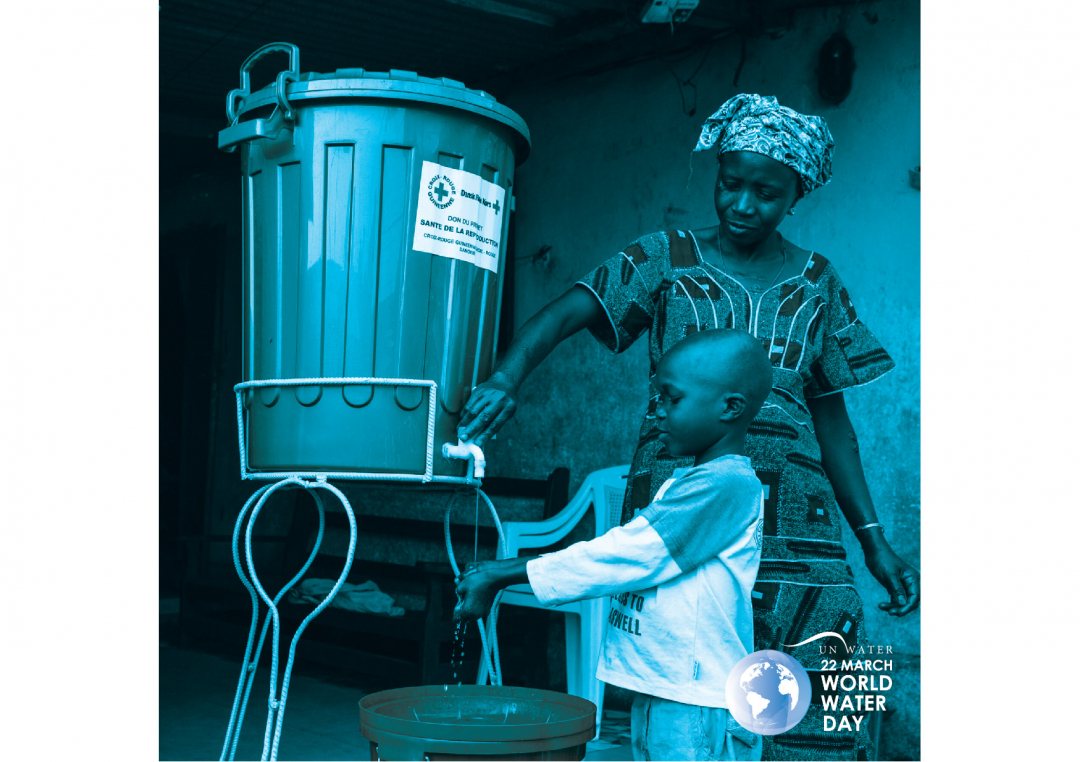

Unprecedented circumstances
According to UN Water, World Water Day takes place under unprecedented circumstances. The usual celebration of World Water Day is one to meet and discuss how to tackle water and sanitation challenges and this year's theme was planned to be about 'water & climate'. The conoravirus pandemic led to a change of plans and UN Water decided to focus on handwashing.
The issue of handwashing it not new. The global water community has had this hygiene issue high on its agenda for many years. However, the message is hard to convey to people that are forced to live without access to clean water.
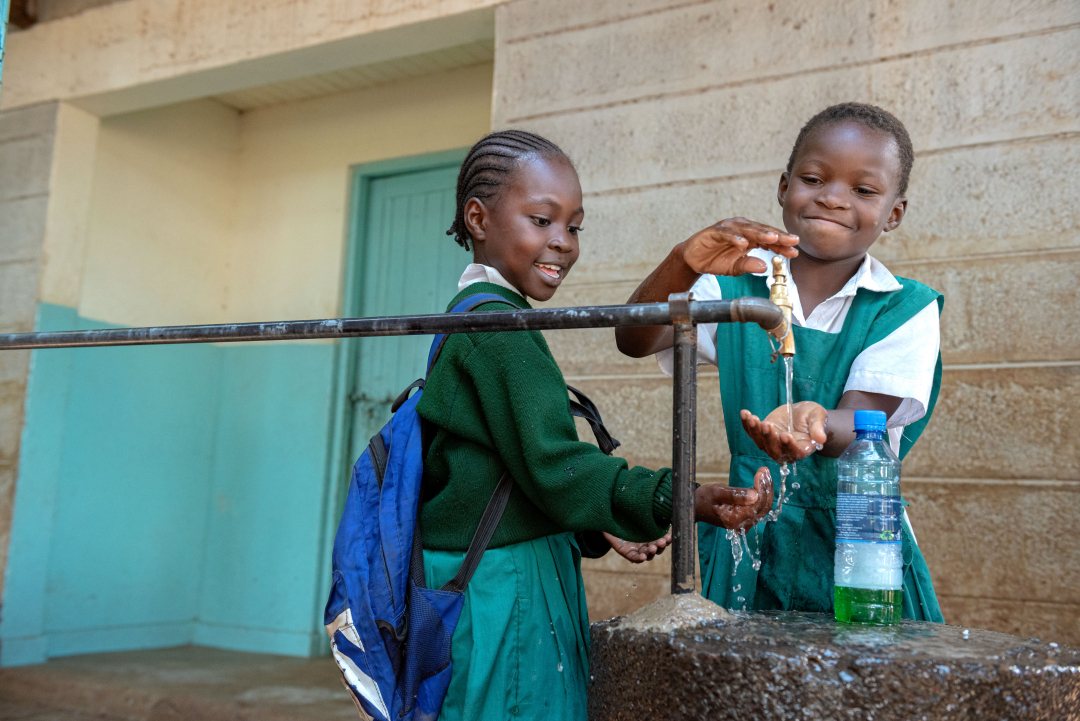

Fighting Corona
‘The availability of safe water is vital in the fight against the virus’, says director Josien Sluijs of Aqua for All. Her organisation operates in African and Asian countries where lack of funds leave many people without access to water. In these low-income countries, Aqua for All focuses on mobilizing entrepreneurs to start additional water services.
‘The corona crisis makes it clear once and for all that access to safe water, hygiene and therefore health are inextricably linked', states Sluijs on the occasion of World Water Day.
Sluijs pledges for structural changes in the water sector in order to be able to provide universal access to clean water and sanitation by 2030.‘Entrepreneurs can facilitate access to affordable safet water in a sustainable manner by operating water kiosks, installing water pumps and distributing water filters. Private capital can help these enterprises scale up their activities and reach people where public services alone cannot’, explains the director of Aqua for All.
Preparedness
Dutch water envoy Henk Ovink warns the global water community not to overreact and misuse the pandemic for its own agenda. ‘We cannot claim that access to water can stop the virus. The outbreak in Italy has shown that more is needed than just water and soap’.
Like Sluijs, also Ovink advocates systemic changes. ’We must not simplify things. Water issues are complex. The corona crisis learns us how important prevention is. Something to keep in mind when we talk about climate change'.
He specially mentions the big impact of disasters on vulnerable people that live in vulnerable places. 'I see a growing willingness to embrace preparedness and to organise complex approaches. This is hopeful because the water challenges are more than just the scaling up of today’s water projects. We need systemic changes to get away from inefficient old-style water infrastructures that make the world only thirstier.'
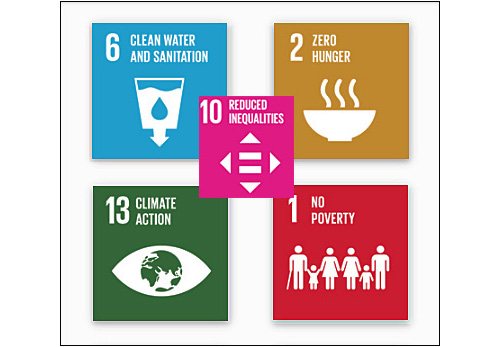

Interdependency of SDG goals
Managing director Bianca Nijhof of Netherlands Water Partnership, also addresses the wider scope of World Water Day. As SDG6 coordinator for the Netherlands at the SDG Charter Network she clearly sees the relation between the Sustainable Development Goals and the overall UN 2030 Agenda. ‘The present situation with regard to the coronavirus highlights the strong interdependence between all SDG's, especially between SDG3 and SDG6. It proves that availability of water to wash our hands plays a pivotal role in combatting this pandemic.’
The pandemic makes Nijhof look differently at the issue of 'valuing water'. ‘In the Netherlands, with 99,9 percent of the population connected to water mains, COVID-19 and the importance of washing your hands is a case of education. But in a lot of other countries it is so much more, when access to and availability of clean water is lacking.'
Nijhof assures that the Dutch water sector will continue to provide solutions that will increase the access to clean water worldwide, such as recycling, minimizing water use with smart technologies or more overarching digital and financial innovations to create an enabling environment. But she also emphasizes that much work still needs to be done to create a more equal world.
‘Let’s continue the conversation and keep sharing our knowledge and expertise in spirit of World Water Day to create a more sustainable world’, she concludes.




